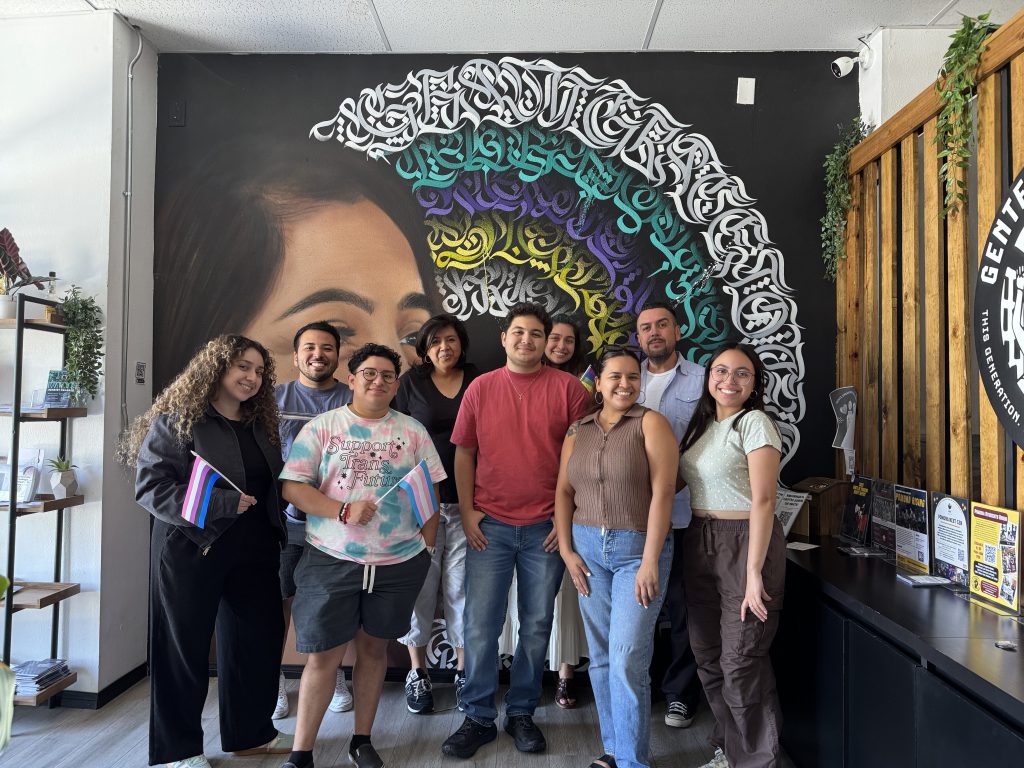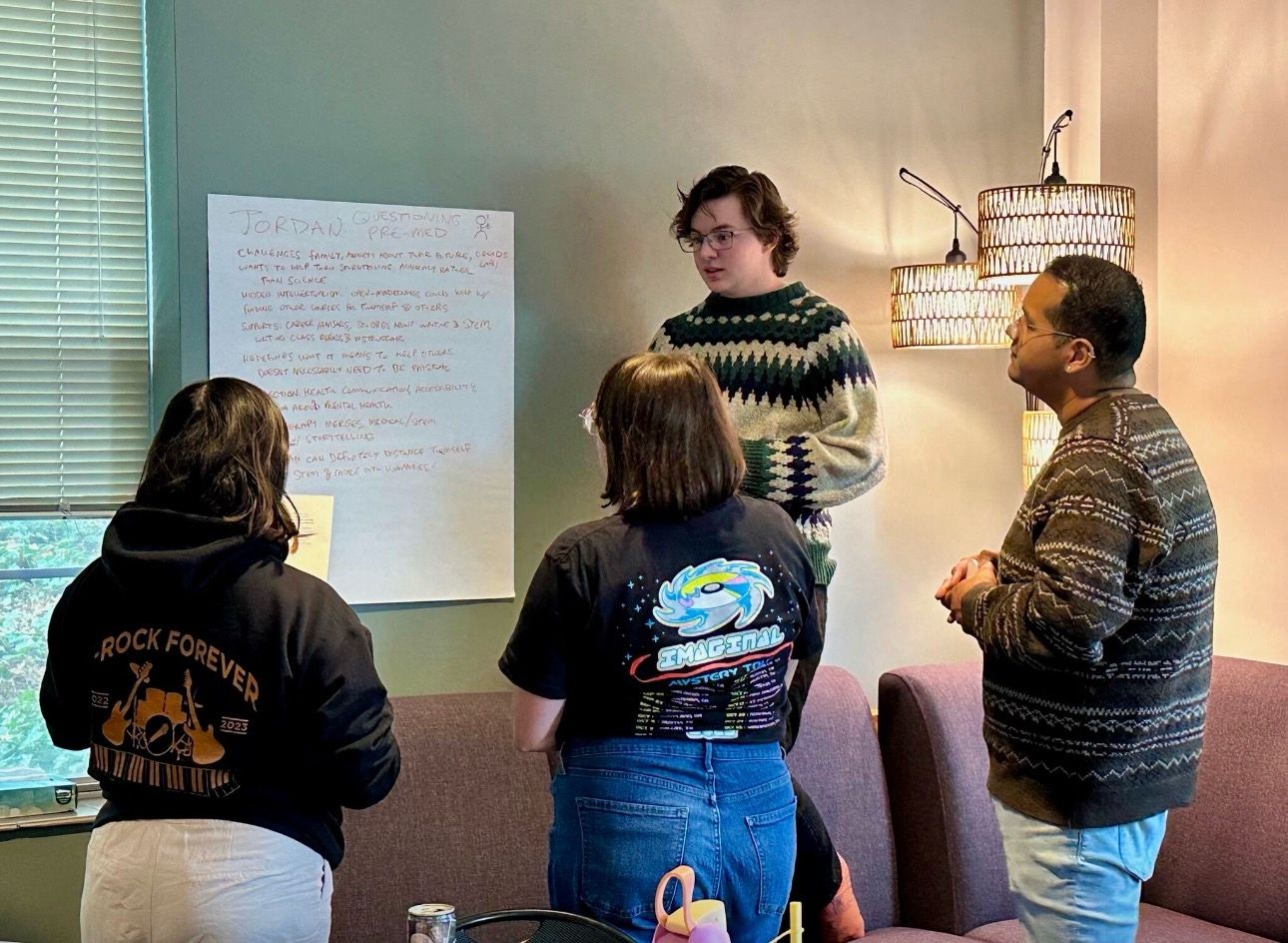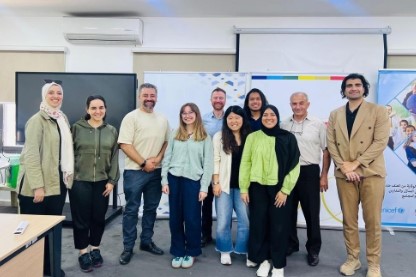Over the last several years, the CCPD has built a strong partnership with the men’s football program, thanks in large part to the leadership and support of then Head Football Coach Jamie Zorbo. During that time, we collaborated on a range of workshops, everything from resume writing to job and internship searching, networking, and more. Since Coach Zorbo’s transition into the role of Athletics Director, that partnership has only continued to grow.

This fall, the CCPD expanded our work with Athletics by launching a new workshop series called “The Athlete Advantage.” These sessions had two simple goals: to help student-athletes see the career value of skills they build every day in their sport (discipline, teamwork, resilience, leadership) and teach them how to communicate those strengths clearly on a resume. During the sessions, the athletes viewed a presentation explaining the link between their athletic skills and career readiness skills, then were given the opportunity to apply what they just learned by completing the new Basic Resume Module in our Career Connection Toolkit and practice translating their athletic experience into employer-ready language.
Athletic skills are career readiness skills
In 2014, the National Association of Colleges and Employers (NACE) conducted a large national study across industries and employer types to identify the most important career readiness competencies for early-career professionals. The result was a framework of eight competencies: career and self-development, communication, critical thinking, equity and inclusion, leadership, professionalism, teamwork, and technology.
These competencies map closely to the skills athletes develop over years of practices, competitions, and team leadership roles. Discipline and resilience align with professionalism. Teamwork and leadership match two of the competencies outright. And qualities like adaptability, time management, and the ability to perform under pressure appear across multiple competency areas.
Simply put: the skills that make strong athletes are the same skills employers are actively seeking. Our goal is to help students recognize that connection and feel confident about naming and demonstrating those strengths.
Progress so far and where we’re headed
This fall, the CCPD led three Athlete Advantage workshops, reaching 234 student-athletes across multiple teams. Our goal is to reach every student-athlete by the end of this academic year.
Looking ahead, we will continue offering these workshops to incoming first-year athletes and expanding the resources available to teams and coaches. The focus remains the same: helping students understand the real-world value of their athletic experience and teaching them how to showcase those skills effectively on their resumes and in conversations with employers.









